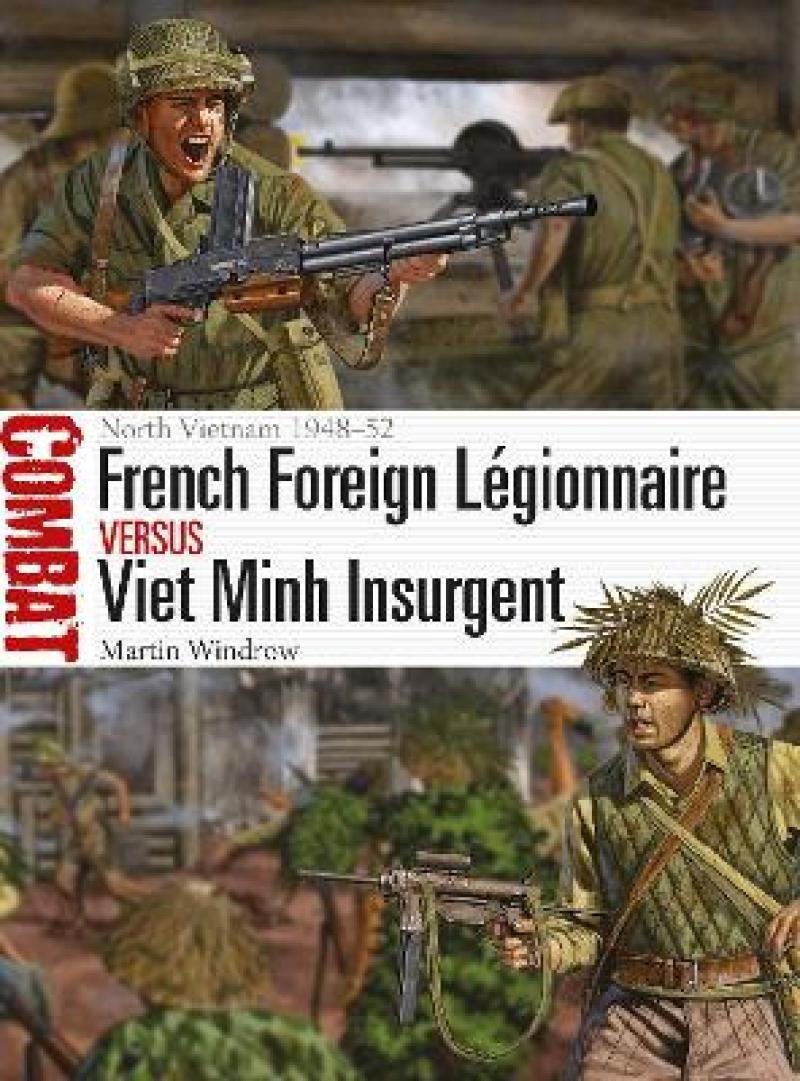The French Indochina War (1946–54) was the largest of the first generation of post-World War II wars of decolonization as Vietminh insurgents sought to topple their French colonial masters. It was also unique in that the insurgency evolved from low-level guerrilla activity to mobile operations by a large conventional army which finally defeated a large European-led expeditionary force, supported by artillery, armour and airpower. The war’s progress was almost entirely dictated by the extreme terrain, and by the Chinese support enjoyed by the Vietnamese insurgents. The actions explored in this study cover three contrasting phases of the war in Tonkin during 1948–52, setting both sides on the path that would lead to the conflict’s climactic encounter at Dien Bien Phu in 1954.
Featuring specially commissioned artwork and drawing upon a range of sources, this meticulously researched study casts new light on the troops who fought on both sides in this evolving and momentous conflict.
Les mer
Introduction / The opposing sides / Combat 1 / Combat 2 / Combat 3 / Analysis / Aftermath / Bibliography / Index
An absorbing study that pits French Foreign Légionnaires against Viet Minh fighters in three bloody battles of the French Indochina War, the forerunner to the US-led Vietnam War.
Assesses the origins, doctrine, armament and combat record of the forces of both sides and written by a prolific and popular author, an expert on the French army of the period.
Produktdetaljer
ISBN
9781472828910
Publisert
2018-09-20
Utgiver
Vendor
Osprey Publishing
Vekt
260 gr
Høyde
248 mm
Bredde
184 mm
Aldersnivå
G, P, 01, 06
Språk
Product language
Engelsk
Format
Product format
Heftet
Antall sider
80
Forfatter
Illustratør
